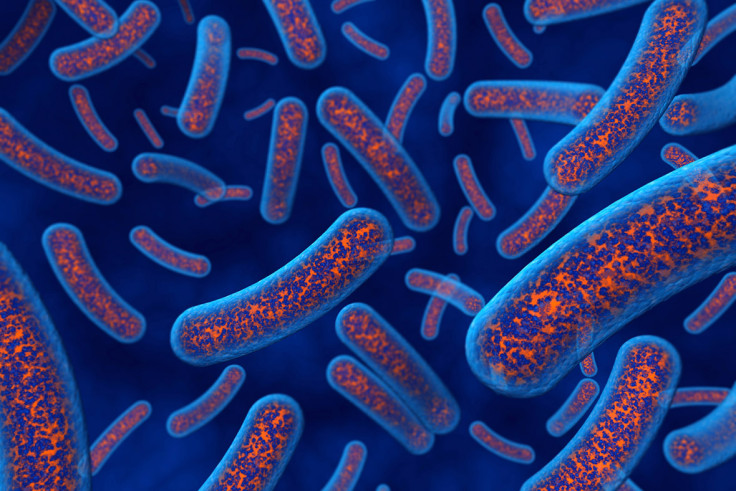Bacteria in human bodies do not outnumber cells by 10 to one

Bacteria in our bodies do not outnumber our cells by 10 to one, say researchers. A new study has put the rumour to bed that we contain far more bacteria than human cells.
The researchers say that the average human male has approximately 30trn human cells, and 39trn bacteria (56%) – a long stretch from the myth regarding how many bacteria we have.
The authors write in the official report: "The numbers are similar enough that each defecation event may flip the ratio to favour human cells over bacteria."
The study used experimental data from a wide range of literature in order to re-estimate the number of cells in the human body. The estimate suggesting a 10:1 ratio was first published in 1972, but the Israeli and Canadian authors of the paper found flaws in the calculations.
They suggest Thomas Luckey, author of the 1972 paper, overestimated the number of bacteria in our guts. Luckey estimated that there are 100trn bacteria in our guts by multiplying the estimated number of bacteria in a gram of faeces (100bn), and the total volume of the alimentary canal (the entire passageway that food travels, from the mouth to the anus).
The researchers, Ron Sender, Shai Fuchs and Ron Milo, say that almost all of that calculation is wrong. Firstly, they believe there are not as many bacteria in a gram of faeces than Luckey believes. They also say that most bacteria can only be found in the colon, which means a better number for the calculation would have been 0.4 litres, as opposed to an entire litre.
The researchers aimed to correct the myth after other scientists expressed their doubts in 2014. Judah Rosner, National Institute of Health, said in the 'Letters' section of Microbe Magazine: "Once in a while some fake 'fact' gets into the literature that is difficult to expunge. This discussion should make clear that the assertion of 10-fold more microbiota than human body cells was not based on hard facts."
© Copyright IBTimes 2025. All rights reserved.























